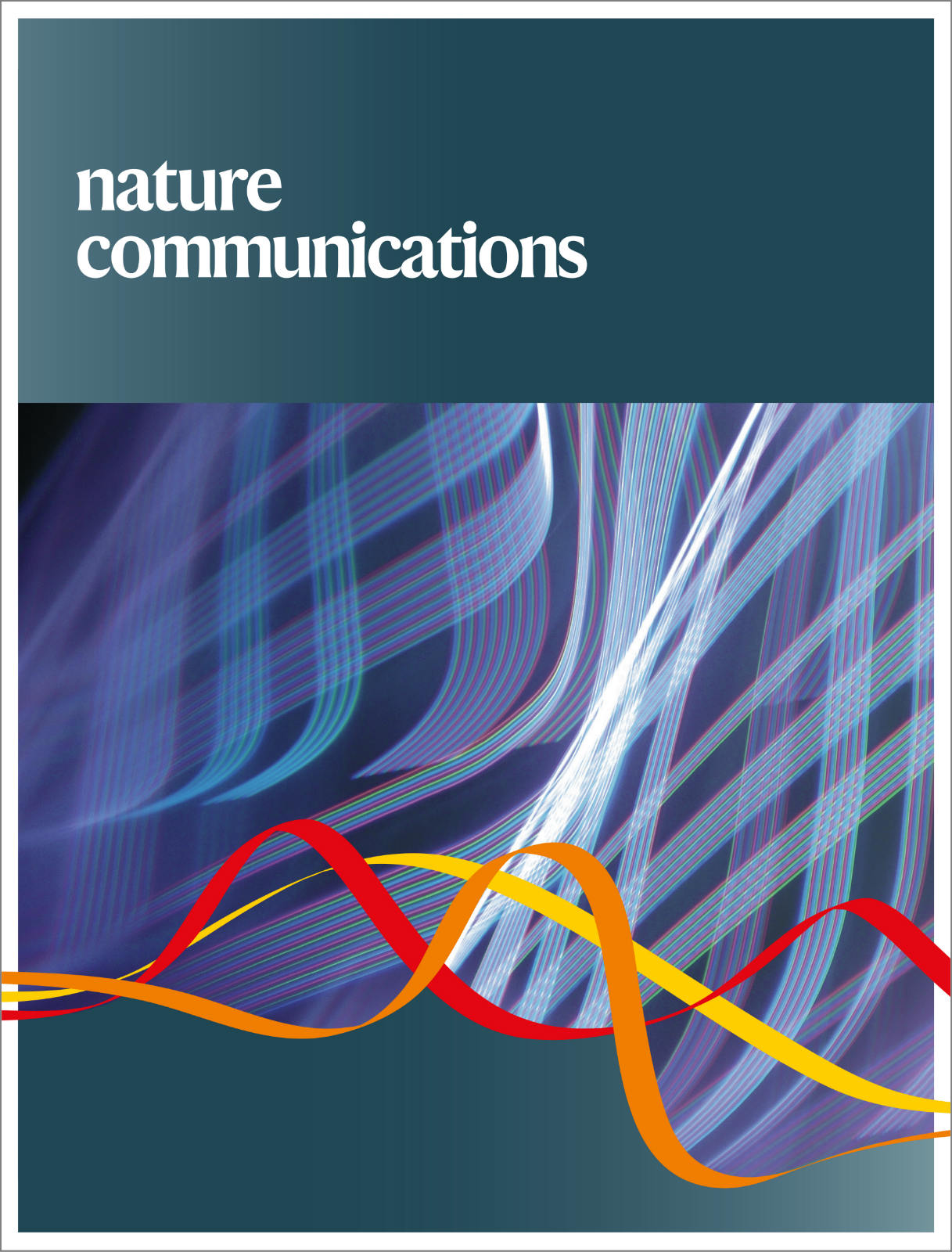铁催化的顺序硅氢化反应
IF 15.7
1区 综合性期刊
Q1 MULTIDISCIPLINARY SCIENCES
引用次数: 0
摘要
高区域,非映对和对映选择性铁催化的邻烷基-正炔-苯基硅烷与炔的顺序硅氢化反应报道了各种5-,6-和7元苯硅环在60-94%的收率高达95:5 rr, 95:5 dr和99% ee。手性全碳取代硅立体苯并硅环也可以通过三次硅氢化反应得到。在调节硅氢化反应的区域选择性和对映选择性时,观察到配体独特的电子效应。通过变时间归一化分析(VTNA)和H/D交换实验,提出了一种可能的机理。本文章由计算机程序翻译,如有差异,请以英文原文为准。

Iron-catalyzed sequential hydrosilylation
Highly regio-, diastereo- and enantioselective iron-catalyzed sequential hydrosilylation of o-alk-n-enyl-phenyl silanes with alkynes is reported for various 5-, 6-, and 7-membered benzosilacycles in 60-94% yields with up to 95:5 rr, 95:5 dr, and 99% ee. Chiral fully carbon-substituted silicon-stereogenic benzosilacycles could also be obtained via triple hydrosilylation reactions. The unique electronic effect of ligands is observed while adjusting the regioselectivity and enantioselectivity in hydrosilylation reactions. A possible mechanism has been proposed by variable time normalization analysis (VTNA) and H/D exchange experiment.
求助全文
通过发布文献求助,成功后即可免费获取论文全文。
去求助
来源期刊

Nature Communications
Biological Science Disciplines-
CiteScore
24.90
自引率
2.40%
发文量
6928
审稿时长
3.7 months
期刊介绍:
Nature Communications, an open-access journal, publishes high-quality research spanning all areas of the natural sciences. Papers featured in the journal showcase significant advances relevant to specialists in each respective field. With a 2-year impact factor of 16.6 (2022) and a median time of 8 days from submission to the first editorial decision, Nature Communications is committed to rapid dissemination of research findings. As a multidisciplinary journal, it welcomes contributions from biological, health, physical, chemical, Earth, social, mathematical, applied, and engineering sciences, aiming to highlight important breakthroughs within each domain.
 求助内容:
求助内容: 应助结果提醒方式:
应助结果提醒方式:


